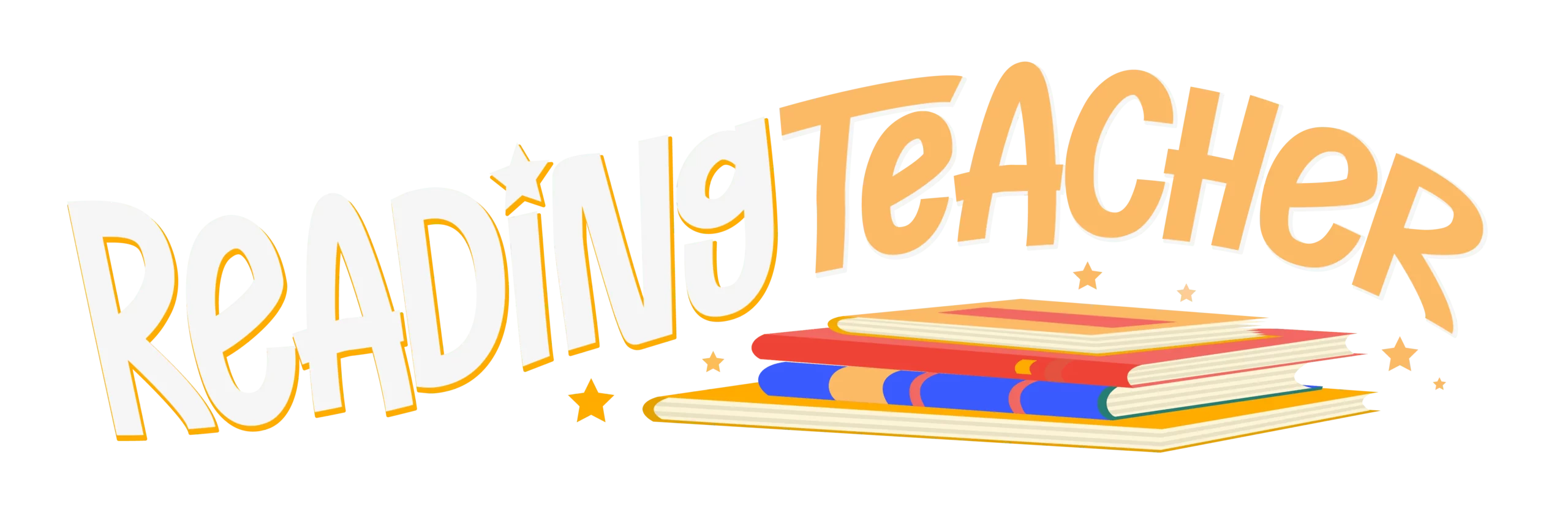Phonemic Awareness Activities in Kindergarten
Kindergarten is a big year. It sets the foundation for a child’s social life, academic career, and reading success. Along with their early literacy skills, many kindergartners will also develop their phonemic awareness.
What do kindergartners’ grown-ups need to know about this essential skill? If you need a refresher (it never hurts!), we’ve got you covered.
Phonemic Awareness
Phonemic awareness is the ability to hear, recognize, and manipulate the individual sound units, or phonemes, in spoken words. “Manipulation” includes blending and segmenting words into their phonemes or substituting one sound for another: for example, swapping /c/ in “cat” with /r/ to make “rat.”

Why is Phonemic Awareness Important?
Phonemic awareness is important for one major reason: it’s the last skill to develop before students achieve full reading fluency, and it’s a major predictor of long-term reading success.
Before moving onto bigger and better things in first grade, it’s crucial for kindergartners to have strong phonemic awareness. The best methods for teaching reading in kindergarten involve daily practice, lots of patience, and plenty of phonics. With the support of an adult and the following activities, your kindergartner will become a phonics wizard in no time.
What Are Some Phonemic Awareness Activities for Kindergarten?
You asked: we answered! Here are some teacher-approved phonemic awareness activities for kindergartners, which can be easily implemented at school or home.
Rhyme Time
Stop: it’s rhyme time! Turn any moment into an opportunity to play with a simple rhyming phonics game. Throughout the day or at the dinner table, present a word to your child - for example, bat - and ask them to list as many rhyming words as possible (rat, sat, cat, bat, etc.).
Turn up the fun by adding a timer, or pose the rhyme in a 20-Questions-style format. For example: “I’m thinking of a food that rhymes with leg. What is it?” Answer: egg.

Beginning Sounds Bonanza
Grab some stuffed animals and toy foods (or real foods, if you’re careful!). Your kindergartner’s goal is to match the beginning sounds of the foods and the animals: for example, popcorn with a pony. This is an easy way to practice phonemic awareness at home; if you’re playing at school, each student can bring in a stuffed animal for some reading-friendly show-and-tell.
By mastering this skill (also known as sound discrimination), kindergartners will become better listeners - and over time, better readers. By paying attention to the beginning sound of each word, students pick up new words faster and master more complicated words in first grade and beyond.

Silly Singing: The Nonsense Game
If you’re searching for phonemic awareness activities for groups, we’ve got you covered. Invite students to sit around you and ask them to close or cover their eyes. Then read or sing a familiar song or poem to them. The trick is to alter some of the wording: if you’re singing “Five Little Speckled Frogs,” for example, you might change sat on a speckled log to sat on a log speckled.
Whenever students notice a misphrased sentence, then can raise their hand and correct the mistake. While this is a more advanced activity, the teacher can modify difficulty based on skill level. Using a variety of songs and nursery rhymes, teachers can document students’ progress throughout the year: over time, your emergent readers will become serious sentence detectives!
Snail Speak
You and your kindergartner will “speak like snails” by taking simple words and stretching them out. For example, the word lamp becomes /llllaaaaammmmp/, so little ones can hear and feel each sound in the word. Start with shorter words, and then add more syllables as your child improves their snail speech!
Pro Tip: Phonemic awareness activities are focused on the sounds that words make, not their visual components (i.e. letters). With these suggested games, we’re working on sounding out words, not writing them down - but your kindergartner will get there soon!
What does phonemic awareness look like in kindergarten?
At the kindergarten level, phonemic awareness looks like learning how to manipulate sounds. In addition to blending and segmenting words, kindergartners will become “sound detectives” and learn how to isolate and identify the beginning, middle, and ending sounds of short words, ranging from two to three syllables in length.
By creating games and activities that focus on spoken and written words, adults help their youngsters become better readers and listeners.

Take-Aways:
- Phonemic awareness - the ability to hear, recognize, and manipulate phonemes in spoken words - is an essential reading skill.
- Phonemic awareness activities in kindergarten should be fun and conversational, but also provide an appropriate challenge! Some of our favorite games involve rhyming, stuffed animals, silly songs, and speaking in funny voices.
- These activities help young readers become better manipulators of sound, and challenge them to identify the beginning, middle, and ending sounds of increasingly complicated words.
Start Teaching Reading for Free Now!
Access Level 1’s four interactive stories and the accompanying supplemental resources to teach elementary students how to read. No credit card is needed. Join the 42,635 teachers and students using our reading program.
